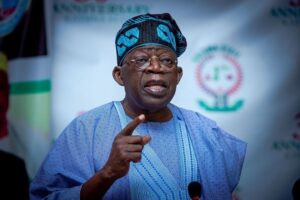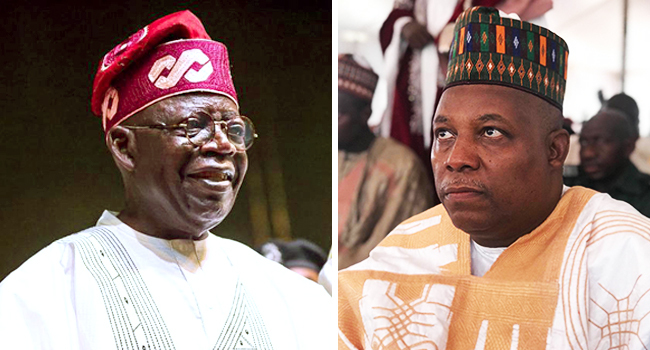The World Bank has expressed concerns regarding the Nigerian government’s fiscal management, labeling it ineffective in controlling wasteful expenditures and highlighting issues related to financial transparency and accountability within President Bola Tinubu’s administration.
In its latest Nigeria Development Update, the organization urged the government to curtail non-essential expenses, such as the acquisition of luxury automobiles and overseas training programs, to better navigate the nation’s economic difficulties.
As the widespread financial strain continues, reports indicate that the Tinubu administration has allocated vast sums towards opulent items, including a staggering N9.2 billion spent on State House vehicles in just three months.

Other notable expenditures include N250 million earmarked for decorations for events hosted by the First Lady within a mere five days, as well as N14 billion dedicated to various renovations, honorariums, and foreign currency acquisitions.
The government’s lavish spending has also encompassed the procurement of a new Presidential jet, which amounted to an eye-watering N150 billion.
Such extravagant financial practices have sparked public outrage, particularly as Nigeria faces resource constraints and escalating debt levels, increasingly relying on loans to bridge its budget deficits.
The administration’s fiscal management has drawn scrutiny, especially given the high costs associated with debt servicing.
Indermit Gill, the World Bank’s Senior Vice President, emphasized the necessity for ongoing economic reforms, asserting that Nigeria must commit to these changes over the next 10 to 15 years to achieve meaningful transformation.
He expressed these insights during his address at the recent 30th Nigerian Economic Summit held in Abuja.




